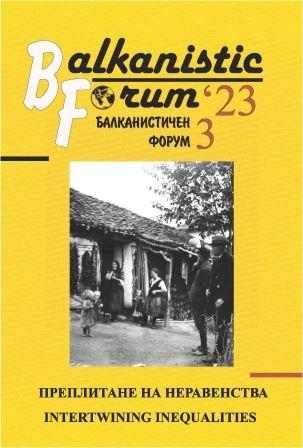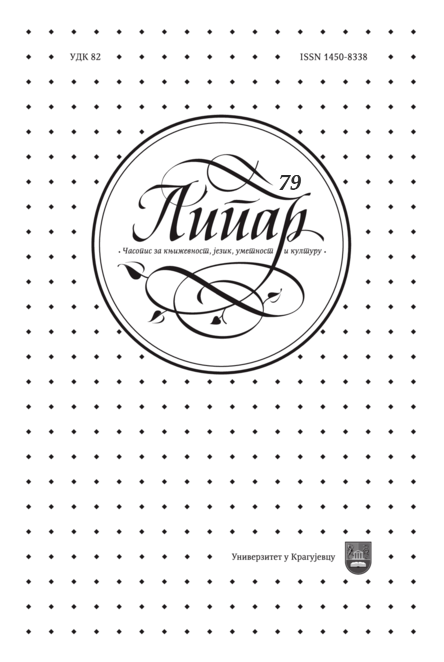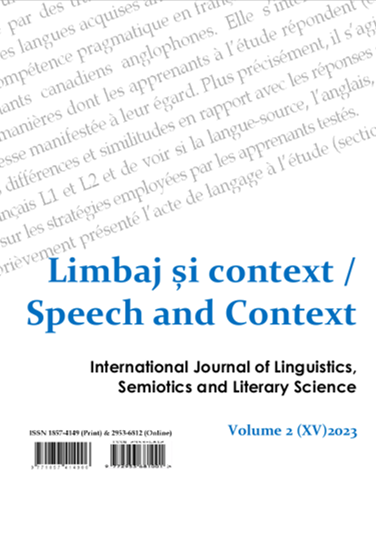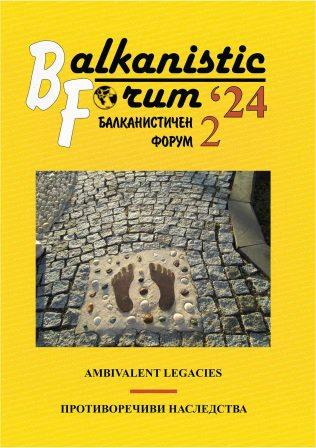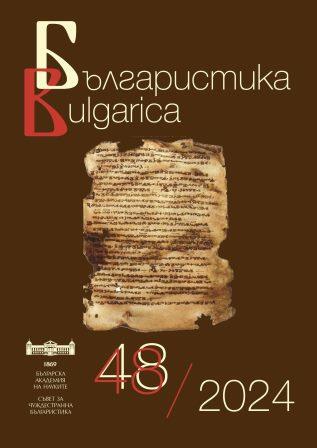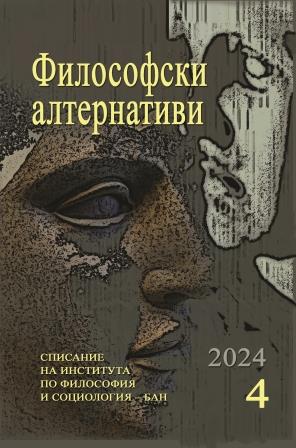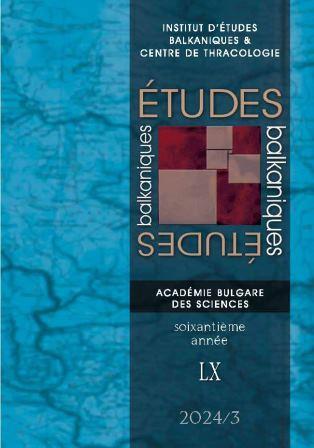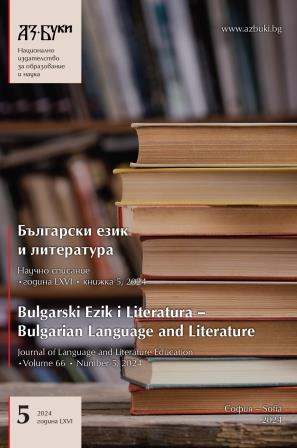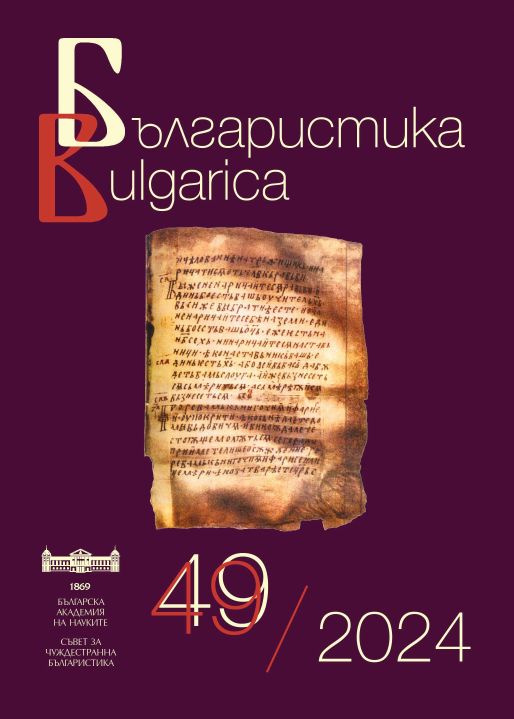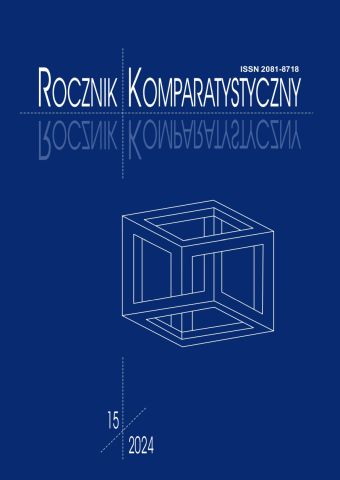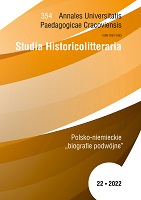
Hertha Karasek-Strzygowski – ein Leben im Spannungsfeld der Nationalismen
This article is an attempt to reconstruct the biography of the Austrian painter and writer Hertha Karasek-Strzygowski, born in 1896 in what is now Bielsko-Biała, in the area of the so-called linguistic island of Bielsko-Biala in the Austro-Hungarian Empire. This island existed from the Middle Ages until 1945. The article is also an endeavor to sketch the historical and multicultural background of the surrounding reality. This reconstruction is intended to give an insight into this ambiguous figure and her work. The article also draws attention to the fact that, although the author grew up in a multicultural environment, she almost completely ignores the existence of Polish and Jewish nationalities in her immediate surroundings, and mentions Polish people only vaguely and explicitly in a negative way. Surprisingly, she also does not mention the Second World War in connection with Poland, where her family had lived since 1914 and which she visited almost annually as an adult. The way she describes the reality of war gives the impression that it was exclusively a time of torment and fear, brought upon on the German people by the Soviet Union.
More...
